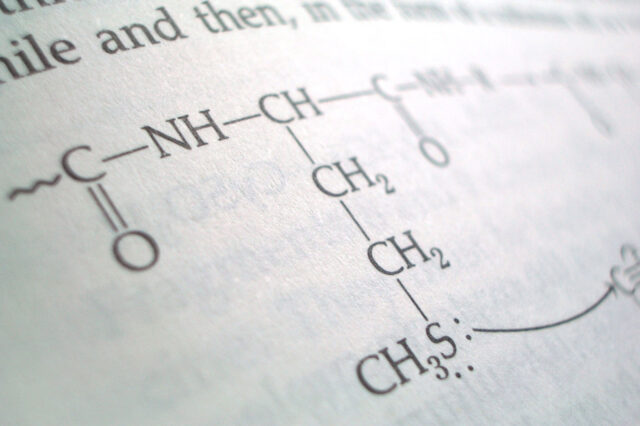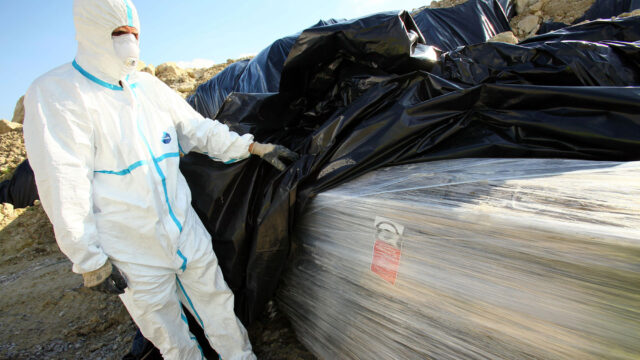
Over the years, Science has continuously grown in popularity among many countries. It is therefore no surprise that many countries have made it compulsory in all their education systems.
One of the common branches of science is Chemistry. There are numerous people studying chemistry not only in school but also on other platforms such as Superprof . For some people, Chemistry is one of the simplest subjects, they therefore enjoy it.
You may be wondering; where can I apply my Chemistry degree? There are numerous areas where it is applicable.
Its flexibility is brought about by the fact that the concepts learnt in Chemistry form the basis for numerous careers. The following are some of the careers that you could venture into with a Chemistry degree;
Chemistry teacher

This career path is probably the most common that most people choose to follow.
This is probably caused by the fact that many people who understand the subject find it easy to teach others.
The primary duties of a Chemistry teacher is to ensure that their students at whichever level gain the full understanding of the subject.
In addition to that, as a Chemistry teacher you would need to make sure that the students can apply the knowledge gained in school in their everyday lives.
Toxicologist
Chemistry plays a key role in the medical industry. With this in mind, there are numerous medical careers that one could get into.
One of them is being a toxicologist. As a toxicologist your primary duties would involve detecting substances that should not be in human blood. These tests are done using various chemicals that only a person with a background in Chemistry can handle appropriately.
Technician

Chemicals are hazardous substances hence they need to be handled under supervision.
This has produced another career path.
If you have a background in Chemistry, you could consider being a laboratory technician.
You would need to create mixtures in the lab and supervise the usage of various chemicals in the laboratory.
In addition to that, you would need to carry out various experiments in the lab.
Engineer
As we all know, there are various forms of engineering. Have you ever heard of chemical engineering? Well, if not then it exists.
Chemical engineers are tasked with the responsibility of coming up with chemical production processes using mathematics and biology.
These engineers are usually responsible for the production of pharmaceuticals, fuel and food products.
Pharmacists

As mentioned above, Chemistry forms a basis in the medical field. One of the areas that is based off of Chemistry in medicine is pharmacy.
Pharmacy is the study of the chemicals and composition of drugs. It is quite crucial as they not only conduct research on new drugs but also do the same on existing drugs.
This research comes in handy as it could be used to determine the effects that these drugs have on both humans and animals.
Materials research
This is another critical field where Chemistry is applied. A material researcher uses their knowledge in Chemistry to find out about the composition of various materials.
While they are doing this, they could also find out how new materials could be made to ensure a constant supply in the world.
It is also important for them to ensure that the materials being used are safe for the environment. The only way they can do this is by checking what the materials are made of.
Oceanographer

The ocean consists of various things that have different chemical compositions. Knowing these compositions is crucial as it will help determine the various behaviours that are exhibited by the ocean.
Oceanographers are responsible for carrying out this research. They are responsible for researching the marine ecosystems of a particular ocean.
This information is vital as it not only helps to determine the quality of ocean water but also improves the life of marine animals.
Geochemist
As shocking as this may sound, did you know that chemical compounds affect the appearance and movement of the earth?
Well, they do impact the earth in a way. Geochemists are tasked with the responsibility of finding out this information.
This information is important as it not only helps us determine the compounds found in water but also minerals.
Knowing the chemical compounds determines just how safe the water is for both humans and animals.
Hazardous waste researcher

Over the recent times, there has been emphasis on having a clean environment that is not only safe for humans but also animals.
There is therefore a need to determine the amount of waste that is in the environment so that this could be rectified.
A hazardous waste researcher uses the knowledge they have to determine just how polluted the air and water are.
Once they find the chemical compounds that are causing the pollution, they are supposed to find solutions for it.
Analytical chemist
This is also another common career path that people with a chemistry degree could pursue.
An analytical chemist is required to carry out toxicology research and develop pharmaceuticals.
In addition to these duties, an analytical chemist could also provide insight on forensic issues.
It is vital for any laboratory or research organization to have an analytical chemist.
Synthetic chemist

Industries have been growing rapidly over the past few years. This growth has mostly been caused by the improvement of technology.
With the growth of these industries, there is an increased demand for raw materials. This therefore means that we need to find a way to meet this demand to ensure the success of the industries.
A synthetic chemist comes in handy at such a time. The main duties of a synthetic chemist is to test and develop the materials used in various industries.
A synthetic chemist can work in any industry. This is because all industries must have a raw material that they mostly use.
Organic chemist
Organic chemistry is the study of carbon and its compounds. You may be surprised to learn that you can make a career out of this knowledge.
Organic chemists are tasked with the responsibility of identifying and finding applications for various materials.












